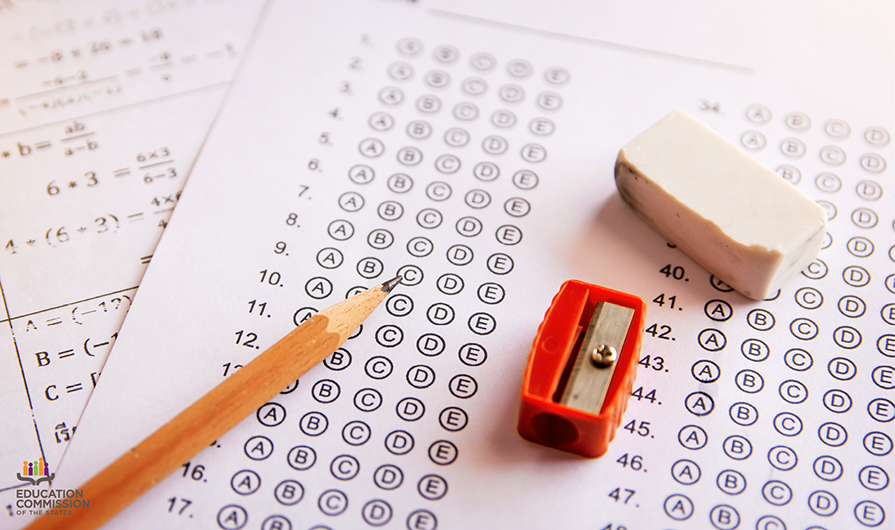Over the last several months, researchers and organizations have tried to quantify the potential learning loss as a result of the closures related to COVID-19. Some suggest students may be 30% to 50% behind where they would have been, had schools remained open as usual. More than 75% of school principals expect student achievement to be lower than it was in fall 2019. Indeed, RAND Corp’s educator survey showed nearly half of teachers focused their distance learning time primarily on reviewing prior content. Only 12% reported covering all or nearly all the curriculum they would have had school buildings not closed.
These data suggest students will be behind, and educators will need to start the fall by assessing how far behind they have fallen. However, it will not be enough to quantify the loss, to publish and admire the problem; assessment can provide actionable next steps to address learning gaps and a means for checking student progress against instruction. Once gaps are identified, the most important question is how to quickly fill them.
Find Students’ Location on a Learning Progression
One way to identify the next steps for students is to find their location on a learning progression. Learning progressions are a “carefully sequenced set of building blocks that students must master en route to mastering a more distant curricular aim.” By finding students along a learning progression, educators can be fairly confident in which skills a student has already mastered and which skills are most appropriate to teach next. Renaissance developed learning progressions in reading and math that are empirically validated and span elementary through high school. A progression that covers multiple grade levels will be important if students start school in fall without having learned all the typical grade-level content from the year before. Educators will need to quickly conduct “instructional triage” and determine what information each student learned and retained and what information may need to be introduced or retaught.
Focus on the Most Important Skills
Another approach to accelerate student learning is by focusing on the most important skills. These have been referenced as priority standards, power standards, essential outcomes and focus skills, but regardless of title, the core idea is that there is a subset of standards that should be highlighted. These standards are essential to skill area progress, are a critical foundation for students to succeed in the next grade level, are applicable across multiple subject areas, and/or have enduring relevance. This is not to say other standards are not important. Rather, given a need to fill learning gaps and accelerate student achievement, allowing educators to focus on these most important skills will give them a roadmap for directing their instructional time. Stemming from its learning progressions research, Renaissance released a list of focus skills, by state and grade level, to help educators and policymakers plan for back to school. If school leaders prioritize these skills and allow educators more flexibility on others, students can be better prepared for continued growth.
This spring, educators across the country quickly pivoted to distance learning to allow students to continue learning. Now is the time to put forward a plan for fall that includes not only screening assessments but also a clear process for educators to follow once the results are returned.




